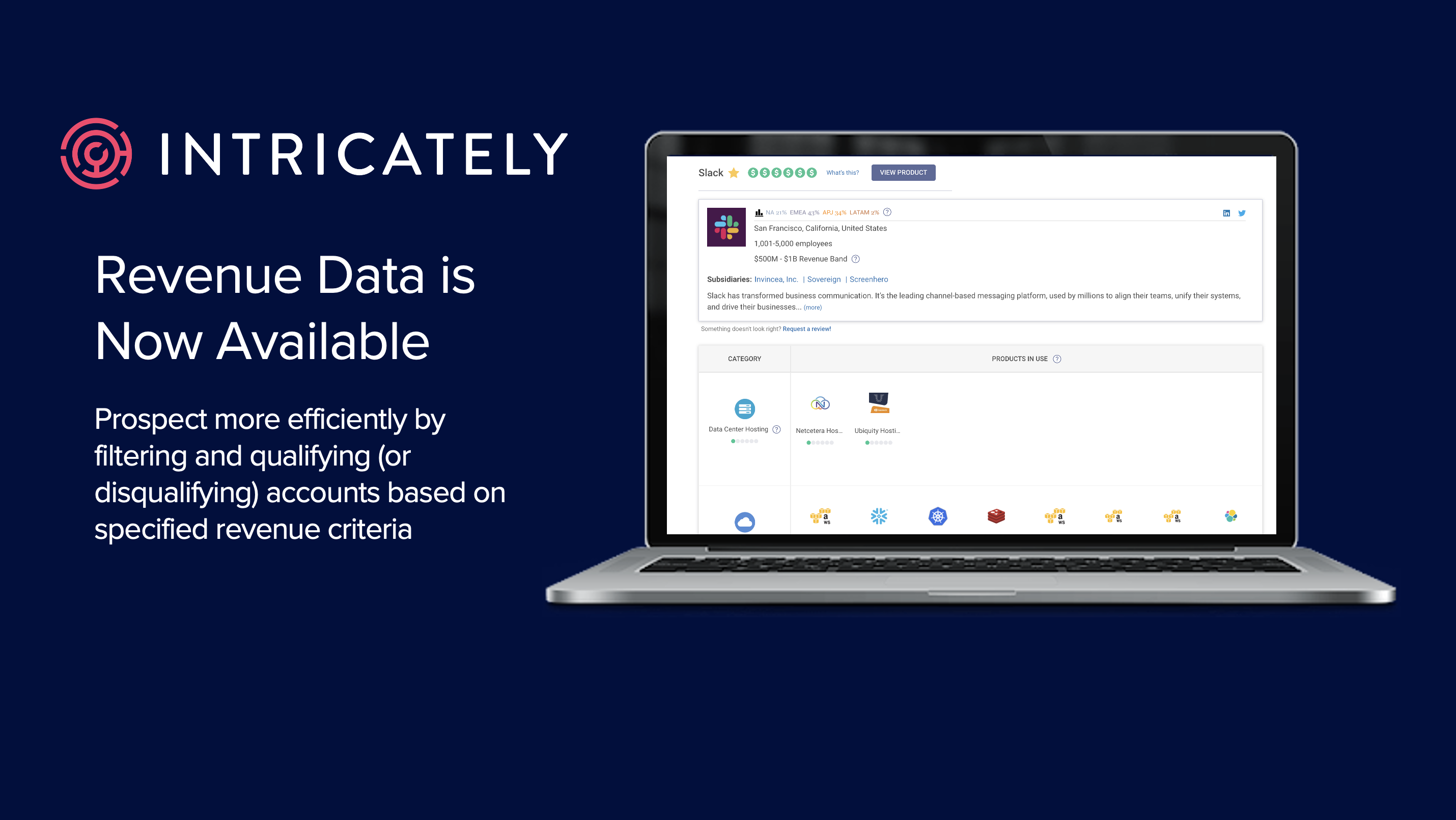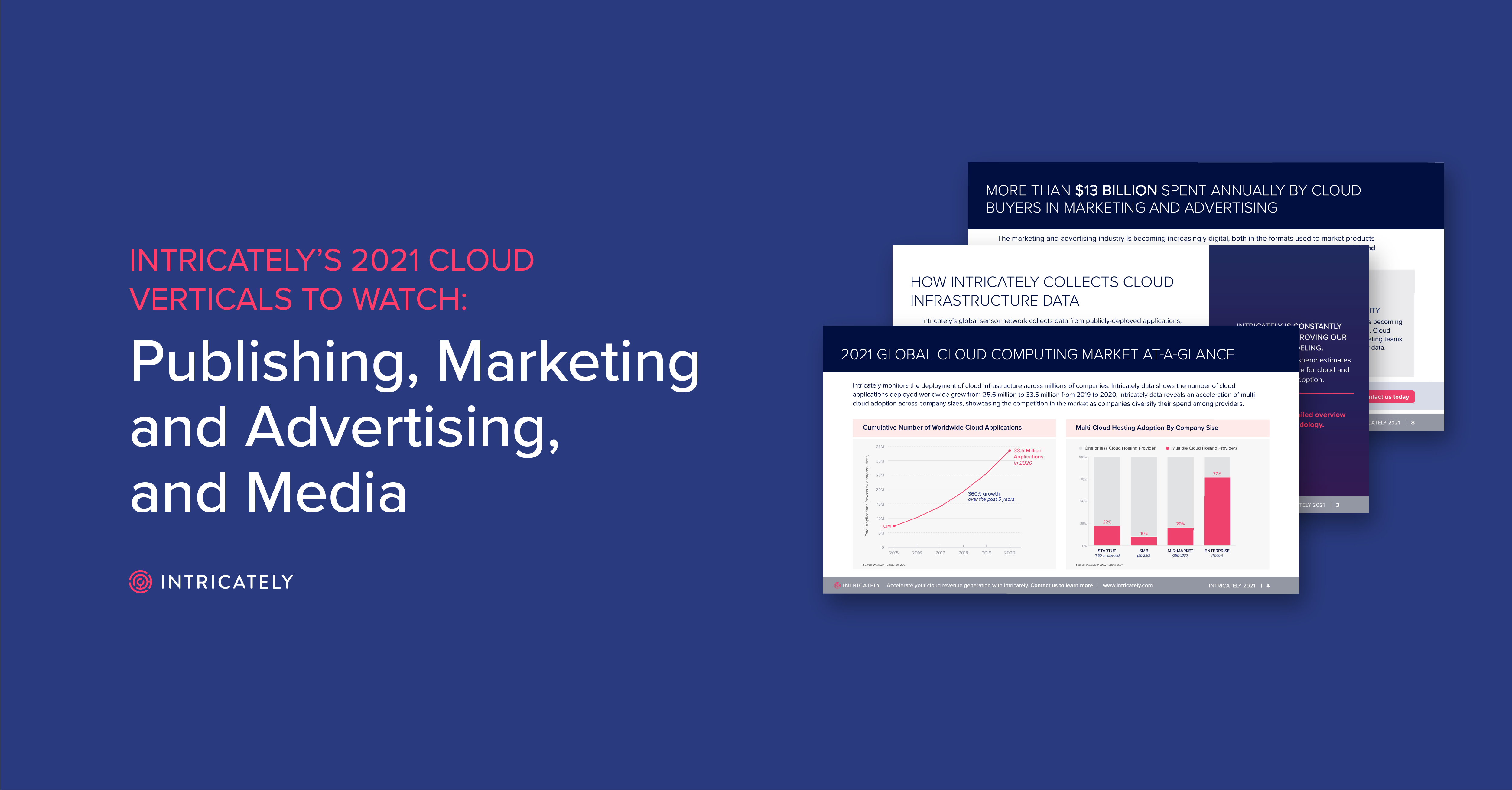
 back to all posts
back to all posts
Everything You Need to Know About Public vs. Private Clouds

If you sell digital products and services, you probably find yourself explaining or needing to understand cloud computing and various digital infrastructure terms more often than you expected.
This isn’t surprising since cloud computing exploded onto the business landscape faster than companies have been able to adapt. Many companies are still wrapping their arms around how the cloud actually works, and if you throw “public vs. private cloud” at your prospects in a meeting and expect them to get it, you’ll lose them faster than your money in Vegas.
While your prospects may or may not be up to speed on how the cloud can benefit them, they do know they’ll be left in the dust without it. It’s your job to convey the differences between the private and public clouds and their respective advantages and disadvantages.
Quell your prospects’ concerns and questions by being fully prepared to explain private cloud and public cloud, along with other technical terminology, and you’ll have a much easier time building trust and getting the deal down the line.
What is the public cloud?
The public cloud is a type of cloud computing that delivers shared resources (like applications, SaaS and data centers) to the public through the internet. The public cloud model allows for companies to scale without having to invest in physical infrastructure. But don’t be totally fooled – the cloud operates by using Amazon’s, Google Cloud’s or another top cloud hosting provider’s server farms around the world.
The public cloud is most recognizable as it is used for online public storage services, cloud hosting (like web hosting), cloud-based website or application development and online software application services.
Public clouds are more commonly used by individuals or clients who don’t need customized infrastructure or high-level security and privacy. However, larger enterprises can still use public clouds to store non-sensitive data and content.
Public Cloud Advantages
The public cloud model has opened up significant opportunities for companies to scale through a reliable, cost-effective and up-to-date infrastructure.
- Reliable: Public cloud infrastructure is more reliable than traditional infrastructures because cloud services are available on demand as long as you have an internet connection. This minimizes any domino effect a company would typically endure in the event of an individual failure within the system.
- Cost-effective: Public clouds are owned, operated and managed by the public cloud provider, which is great for companies with non-sensitive data because they don’t have to invest in hardware or routine maintenance. For the most part, the public cloud provider takes care of all the tweaks and updates on a regular basis without ever interfering with the user experience.
- Pay-as-you-go: One of the greatest advantages of the public cloud model is the pay-as-you-go pricing system. This allows clients to pay for as much or as little of the infrastructure as they use in a given period of time.
Public Cloud Challenges
While there is plenty to be excited about with the public cloud model, it’s not a foolproof infrastructure. In fact, the flip side of the advantages presents common challenges your prospects need to understand before committing to a public cloud model.
- More security risks: The sharing capabilities that provide cost-effectiveness and reliability can create security problems, which could pave the way for security breaches and other problems if your company works with confidential data.
- Slow performance: The shared resources can sometimes slow down overall performance, which is probably unacceptable for certain companies who rely on high-performance computing 24/7. This is why it’s important to use providers who have high speeds where your customers are located.
- One size fits all: The public cloud model doesn’t allow for any customization of the infrastructure’s resources or services.
Top Public Cloud Providers
That majority of businesses have relied on Amazon Web Services (AWS) and Microsoft Azure for public cloud IaaS. But as the cloud market matures, more players have jumped in to create a multiplayer landscape.
Each cloud hosting provider offers a unique suite of features and services that make it optimal for one project but not another, which has resulted in a multi-cloud vendor approach.
- Microsoft Azure: Microsoft Azure is great for building websites in the cloud and easily integrates with Windows Server and Linux Virtual Machine. Azure offers SQL database support, migration assistance and machine learning capabilities.
- Amazon Web Services: AWS is still considered the leader as the first real cloud-computing business to transform cloud computing into a mainstream commodity. AWS provides an array of services, including database storage, networking and computing power.
- IBM Cloud: IBM Cloud offers both platform as a service (PaaS) and infrastructure as a service (IaaS) as well as a massive list of total services, including cloud deployment management, content delivery, storage, data management, AI (Watson), analytics, integration and migration. IBM recently acquired Red Hat in the largest software acquisition in history, enabling it to focus on a multi-cloud vendor approach and its business services
- Google Cloud Platform: Google Cloud Platform offers quick deployment and is great about consistently improving the system without disrupting users. Google Cloud Platform also offers different storage classes and regions, and it easily integrates with other Google services like App Engine, Compute Engine and Kubernetes Engine.
Many of the public cloud providers listed above also provide private cloud options. The most popular options for both public and private clouds are AWS and Azure.
What is the private cloud?
The private cloud – also known as the enterprise Cloud, internal Cloud or VPC – is a system of cloud computing resources that can only be accessed by the company or organization that owns it.
Private clouds are especially useful for federal agencies, financial institutions, educational institutions, and other entities that have large databases of information and require more control over extremely secure systems.
Because private clouds are typically customized to serve the needs of a single company, they are more defined by their specific functional characteristics and features rather than an umbrella technical definition.
The services and infrastructure of a private cloud are managed on a private network that can be located at the company's data center or on a third-party service provider who is then responsible for software updates and hardware replacements.
Private Cloud Advantages
Private clouds are essentially closed systems that allow for more flexibility, security and customization for a company.
- Better security: Private clouds offer much higher levels of security and server space dedicated to the company that owns the private cloud.
- More control and flexibility: Private clouds give the company more control to customize data storage, data management and networking configurations based on what works best for them.
- Improved performance: Since the cloud is only used by a single company, performance and capacity are much better for round-the-clock workloads.
Private Cloud Challenges
Of course, all that control and security provided through a private cloud comes with a few disadvantages. The challenges of private clouds are primarily rooted in expenses and maintenance.
- Maintenance responsibility: With private clouds, it’s ultimately the responsibility of the company to update and manage the infrastructure. Companies are expected to be proactive about software updates and hardware replacements. They also need a tested plan for disaster recovery as well as reliable backup and networking systems.
Managing a private cloud shouldn’t be too much of an issue for enterprises that already manage and maintain large security systems and data centers. In this case, a private cloud system can easily be incorporated into the existing infrastructure.
- Cost: The initial cost of integrating a private cloud infrastructure will be notably higher than a public cloud purchase because it includes equipment installation and coordination with the third-party server. Managing the hardware alone requires dedicated personnel, including hardware procurement, operations and security staff. Of course, you could look at these as basic expenses that come with the business opportunities a private cloud provides.
- More risk: The heightened security on private cloud models can often limit efficiency and access on mobile devices, which could be problematic with the increase in mobile use for everyday work purposes.
Types of Private Cloud Computing Systems
Not all private cloud computing systems are built the same way. Understanding the subtle differences can help you choose a system that suits the needs of your business.
Software private cloud solutions: These are great for large organizations that have a primarily virtual infrastructure and have recently updated their hardware. Software private cloud solutions manage access to the infrastructure, automate the provisioning of resources and track overall usage. Software private cloud solutions providers include
- Microsoft
- Oracle
- IBM
- OpenStack
- VMware
- Red Hat
- CA Technologies
- Cisco
- RightScale
- Dell
- Egenera
- HotLink
- Hewlett Packard Enterprises
Pre-integrated converged systems: These systems are sold as a “bundle,” or a combined hardware and software package. They typically include storage and computing hardware as well as management and automation software.
Pre-integrated systems are perfect for companies that are just switching over to a cloud computing system and want a simple introduction to the system as well as access to it on the premises as they focus on the organizational shift required for this kind of switch. Pre-integrated converged system providers include
- IBM
- Microsoft
- Oracle
- CSC
- Cisco
- Dell
- VCE
- Hewlett Packard Enterprise
- VMware
- Unisys
- Mirantis
- NetApp
Managed private cloud: A managed private cloud is another type of bundled software/hardware package that is managed by an outside vendor. It can easily be integrated at the premises of the company. While we see managed private clouds less often, this option is great for companies lacking staffing to manage the infrastructure. In some cases, the vendor can manage software applications uploaded to the cloud. Managed private cloud providers include
- Citrix
- Cisco
- Dell
- IBM
- Mirantis
- Rackspace
- HP
- EMC
Feeling educated on private cloud vs. public cloud?
Selling technical products to technical people can be a massive challenge if you don’t understand the unique differences between your prospect’s options and can’t answer their questions when they arise.
Download our 2019 Intricately Cloud Market Share Report to get insider data into these companies and the industry like:
- Top Cloud Hosting Trends
- Key Players in Cloud Hosting
- Cloud Hosting Spend Detail
- Enterprise Cloud Adoption and Usage

3 Trends Shaping the Evolving Cloud Hosting Market

4 Ways Cloud Marketing Leaders Can Get the Most From Their Budgets in 2022

How to Perform Account Segmentation and Prioritization



Spotlight: Golden Opportunity For CloudCheckr To Capitalize On 2019 Cloud Security Concerns


Introducing Intricately's 2021 Cloud Verticals to Watch: Publishing, Marketing and Advertising, and Media

